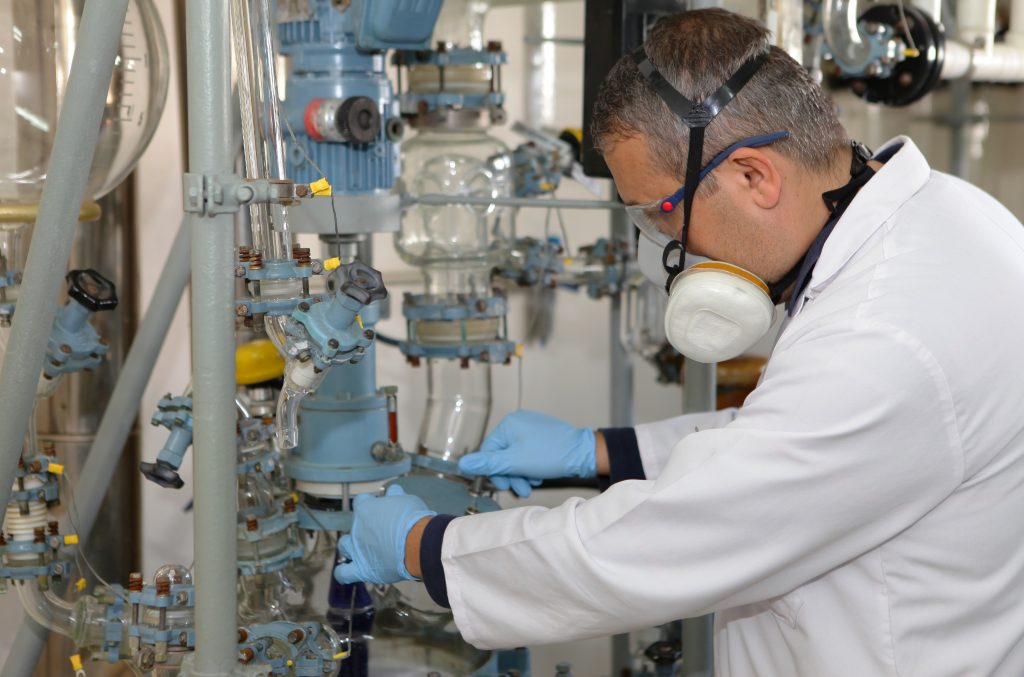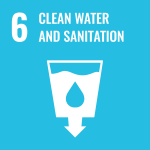 Goal 6: Clean Water and Sanitation
Goal 6: Clean Water and Sanitation
ENSURE AVAILABILITY AND SUSTAINABLE MANAGEMENT OF WATER AND SANITATION FOR ALL
Research
Introduction of Desalination to Transboundary Water Negotiations
Desalination and hydrodiplomacy: Refreshening transboundary water negotiations or adding salt to the wounds? Prof. David Katz of the Department of Geography and Environmental Studies provides an overview of actual and potential impacts of desalination on international hydro diplomacy, illustrating how desalination can introduce new issues of concern.
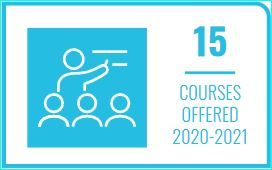
Identifying Probable Locations for Sewage Flooding
Flooding of sewage systems is an environmental hazard often caused by pirate connections. The likelihood of this hazard stems from a conflation of the low socioeconomic standing of local residents, surface slope, and the pressures of urbanization. In the recently published Characterization of Localities with a High Likelihood of Illicit Connections between Runoff and Sewage Systems, Prof. Mashor Housh and a team of scientists illustrate how law-enforcement can reduce economic and environmental damage by focusing its efforts on defined areas.
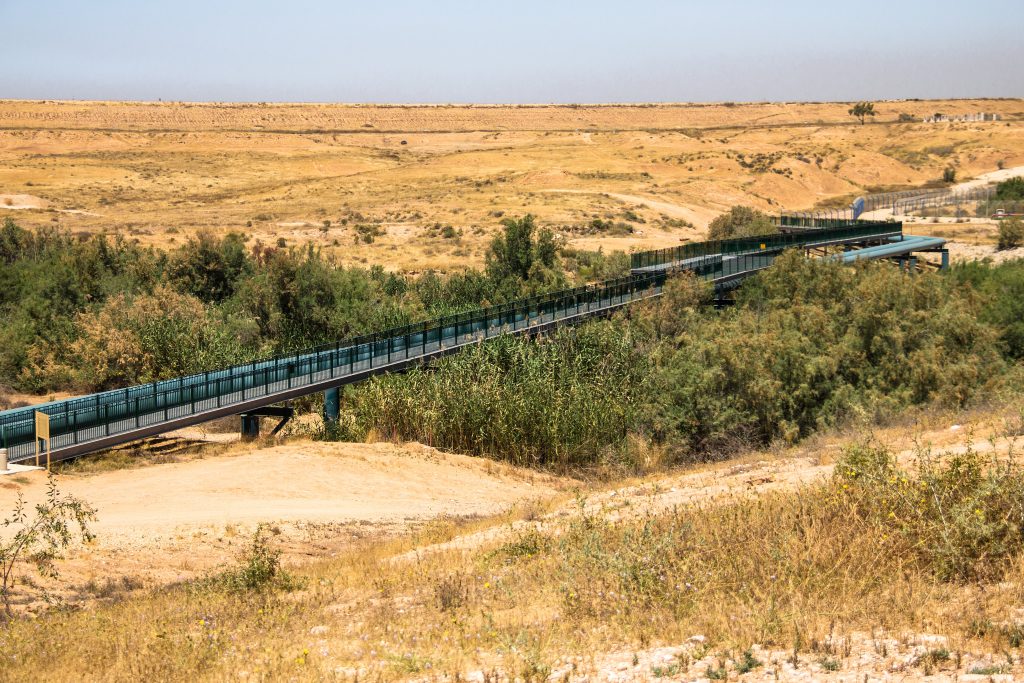
Public Engagement
AI for Urban Water Systems
Hosted by the School of Environmental Sciences together with the Water Research Institute, Advanced Information Technology for Water and Agricultural Management: From the Models to the Fields brought together 50 international experts from a variety of institutes to discuss AI and data mining for smart monitoring of urban water systems, that help improve hydro-social process representation of open-source hydrological models.
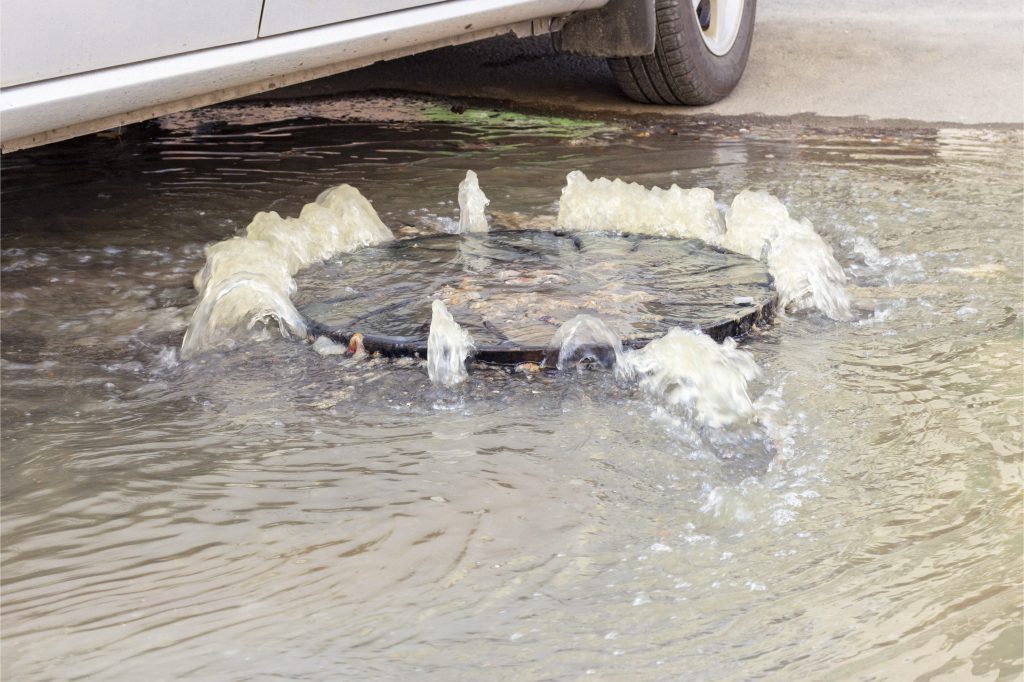
Learning and Students
Remote Sensing of Environment
In the Laboratory for Cross-Disciplinary Study of Marine Systems, Dr. Yoav Lehahn, of the Leon H. Charney School of Marine Sciences, is training the next generation of researchers to collect, analyze and interpret remote-sensing data from satellites, airplanes and drones. He currently teaches the topic together with Dr. Anna Brook, whose work on precision agriculture with satellite images in Remote Sensing of Environment. Doctoral candidates in Dr. Lehahn’s lab use data-based modeling to study water quality in Israel’s freshwater reservoirs.
Training Next Gen Water Managers
Israel is a global leader in water management. The domestic water sector is undergoing significant changes as it transitions to unnatural sources such as desalination and effluence. The MA Program with a Specialization in Water Studies, operates within the School of Environmental Sciences, seeks to provide interdisciplinary training to the next generation of professionals as they navigate emerging structural and regulatory changes.
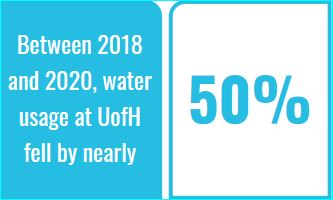
Operations
A five-year budget of 1.6 million NIS was provided to replace old pipes with rust and holes found across campus, resulting in substantial reduction in water consumption where leaks were found and sealed.
